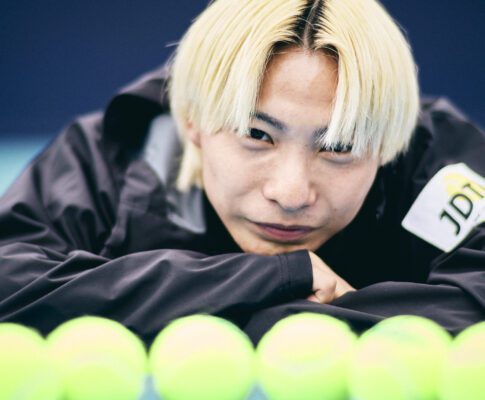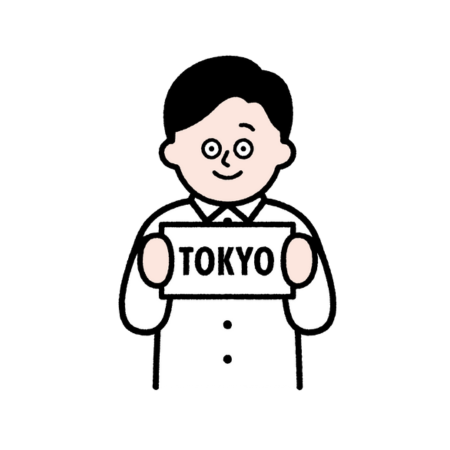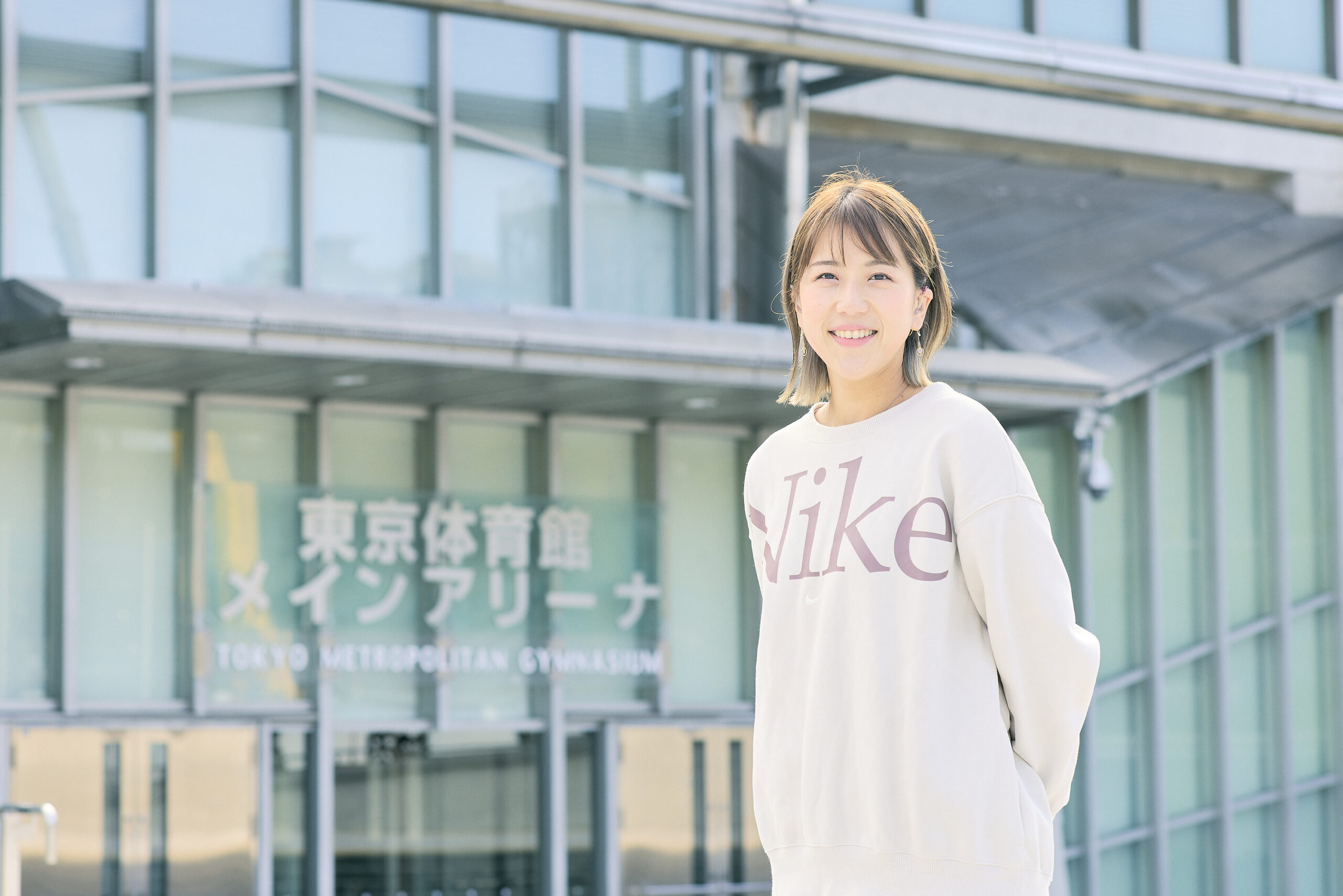
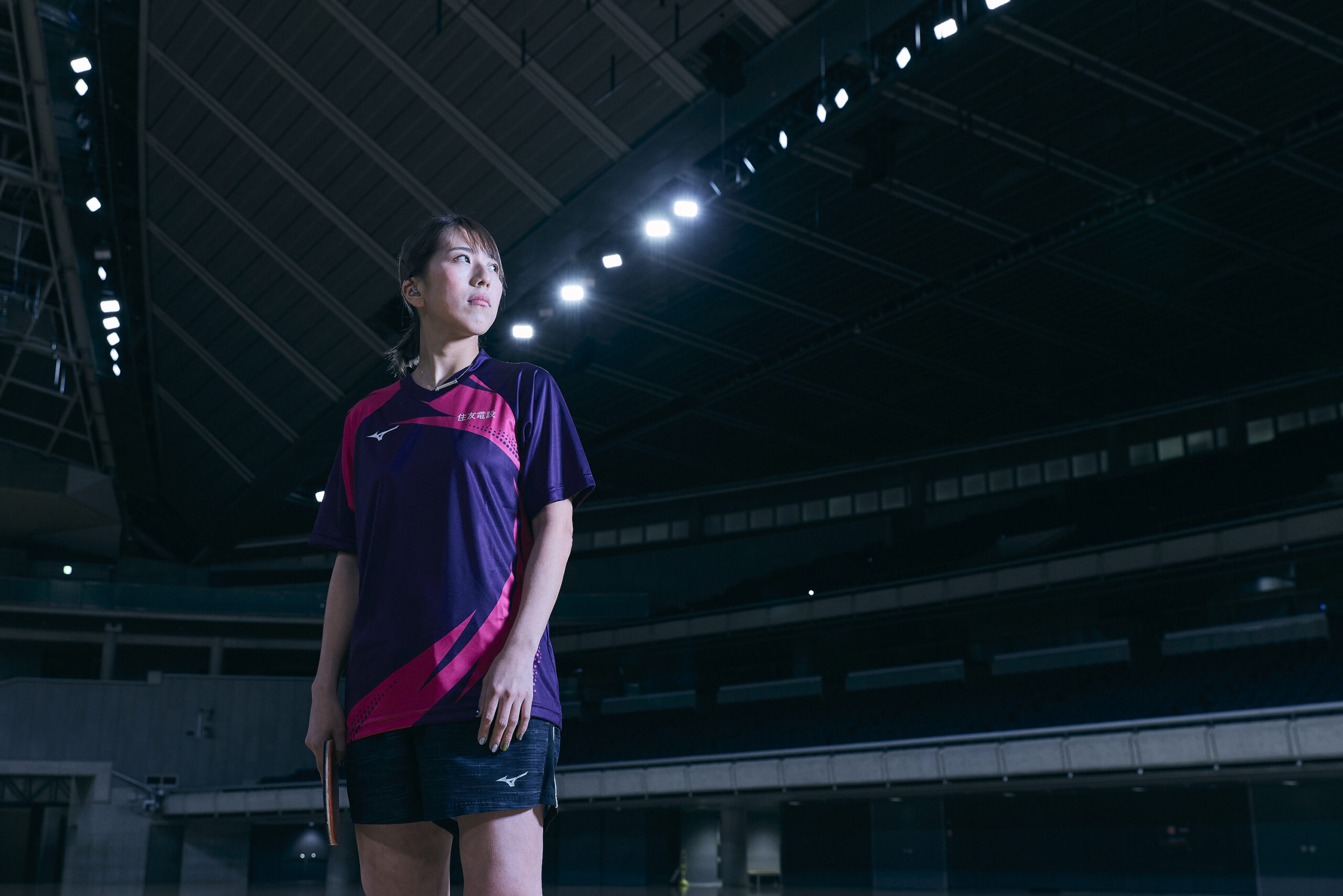
Riho Kamezawa
Born in Tokyo in 1990. Belongs to SUMITOMO DENSETSU CO.,LTD.
She has congenital deafness and used to go to the Japan oral school for the deaf. She has been playing table tennis since her childhood and has participated in major domestic and international Deaf table tennis tournaments such as the National Deaf Table Tennis Championships and the World Deaf Table Tennis Championships and has even become the world’s number one. In 2024, she won a slot in the Deaf Division of the All Japan Table Tennis Championships.
She has competed in four consecutive Deaflympics but has only won a silver medal. As a leader of Deaf Table Tennis, she is aiming for a long-cherished gold medal at the Tokyo 2025 Deaflympics.
Learning the Rhythm Through Body Movement
–Please tell us why you started playing table tennis.
My parents originally played table tennis, so that was a big influence. I went to a nearby gymnasium with my brother and played table tennis, and it was fun. Table tennis has a serve, so you can always start one yourself, and you can have fun with your opponent. I felt that was the attraction.
–I think that when you were a student, you often practiced and played games with hearing people. What differences did you find between deaf players and hearing players?
The rhythm of the sound and the body, and the speed of the ball were very different. In deaf table tennis, you are not allowed to wear hearing aids, so you play in a situation where you cannot hear anything. Since there is no sound, you have to learn the rhythm with your body, and you have to use your head, body, and eyes to match the speed of the ball and the racket. Hearing people can hear sound, so they do not have to check with their eyes to see if the ball has hit the ping-pong table, and their feet are firmly on the ground. Deaf people also vary from person to person, but in my case, I can’t hear the sound of the ball hitting the table, so I have to check with my eyes, which makes me sit up higher. That’s one of the differences.
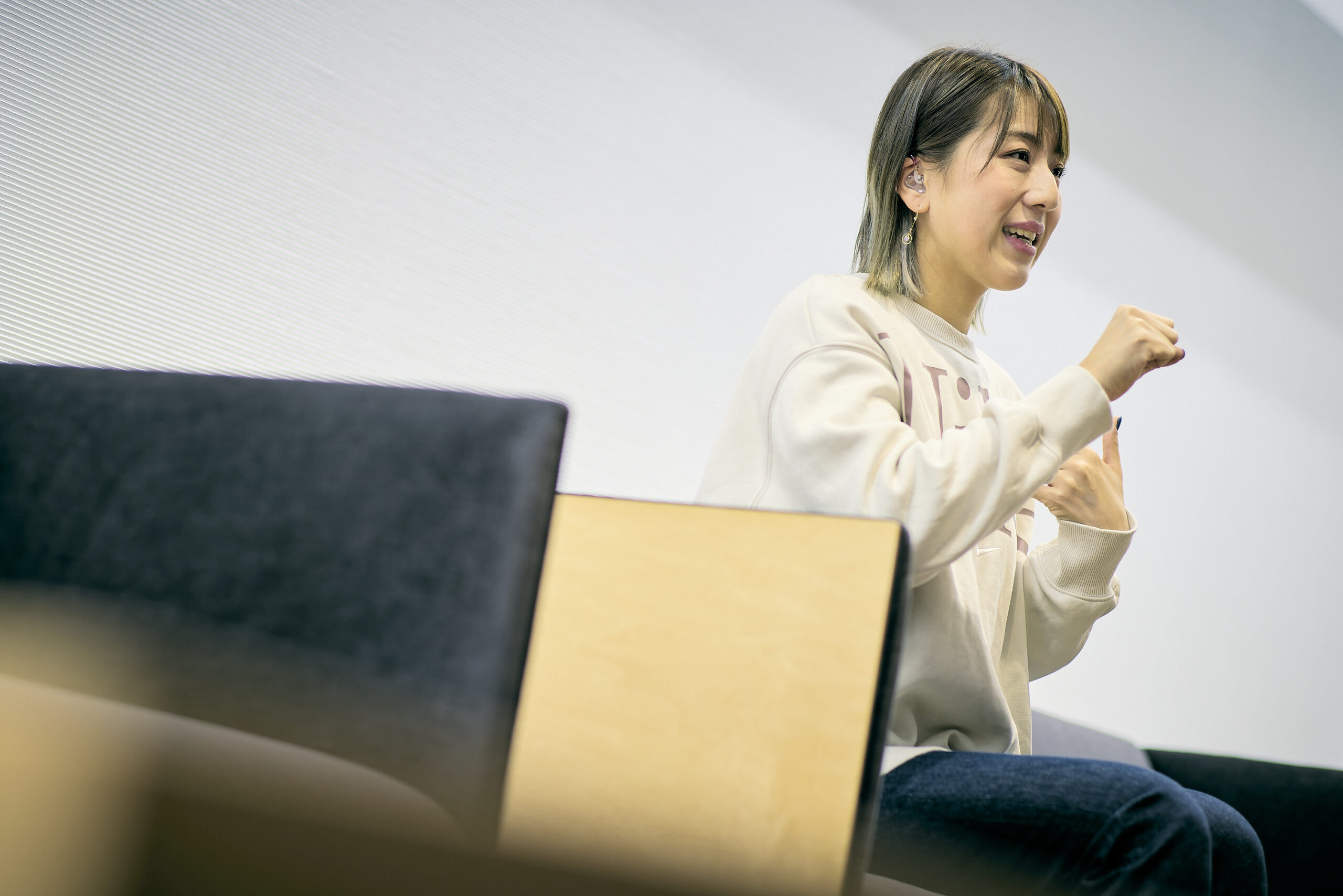
–How did you handle playing against hearing people?
I would practice with my hearing aids on a daily basis and try to practice without them for a long time before playing a match. If that doesn’t work out well, I put the hearing aid back in. I fine-tune my hearing aids by repeating this process. But when I play with my hearing aid off, I forget what it feels like to play with sound. It may be hard to imagine, but to learn a new technique, you have to learn it with your body. To do that, I need sound information first. Once before I tried practicing without sound for a long period of time, three months, and I started to feel bad…. Maybe that’s why table tennis became boring for me . So I think it suits me to wear and remove my hearing aids in moderation, and to do so while learning technique and body rhythm.
From Aspiration to Dream, Then to Goal
–When did you first learn about the Deaflympics?
When I was in the first year of junior high school, the Japan Table Tennis Association for the Deaf invited me to a Deaf Table Tennis camp for the first time, and during the lunch break, a former world champion gave a lecture. That is when I learned about the Deaflympics, and I was genuinely fascinated by it. Later, I participated in a national Deaf Table Tennis tournament and came in 3rd place, so I thought, “I might be able to participate in the Deaflympics too,” and it became my dream. Then, as I went through various tournaments and training camps, I received an unofficial offer to represent the national team, and my next goal changed to “win a medal at the Deaflympics”.
–At the Taipei 2009 Deaflympics, you won a silver medal in the women’s team and a bronze medal in the women’s singles. What were these competitions like for you?
I frankly felt that “hard work does not betray you” as something that was so far away became a reality. When I won the medal, I really felt like I was dreaming. I won two medals, but I also found a new goal to win a gold medal in the next four years.
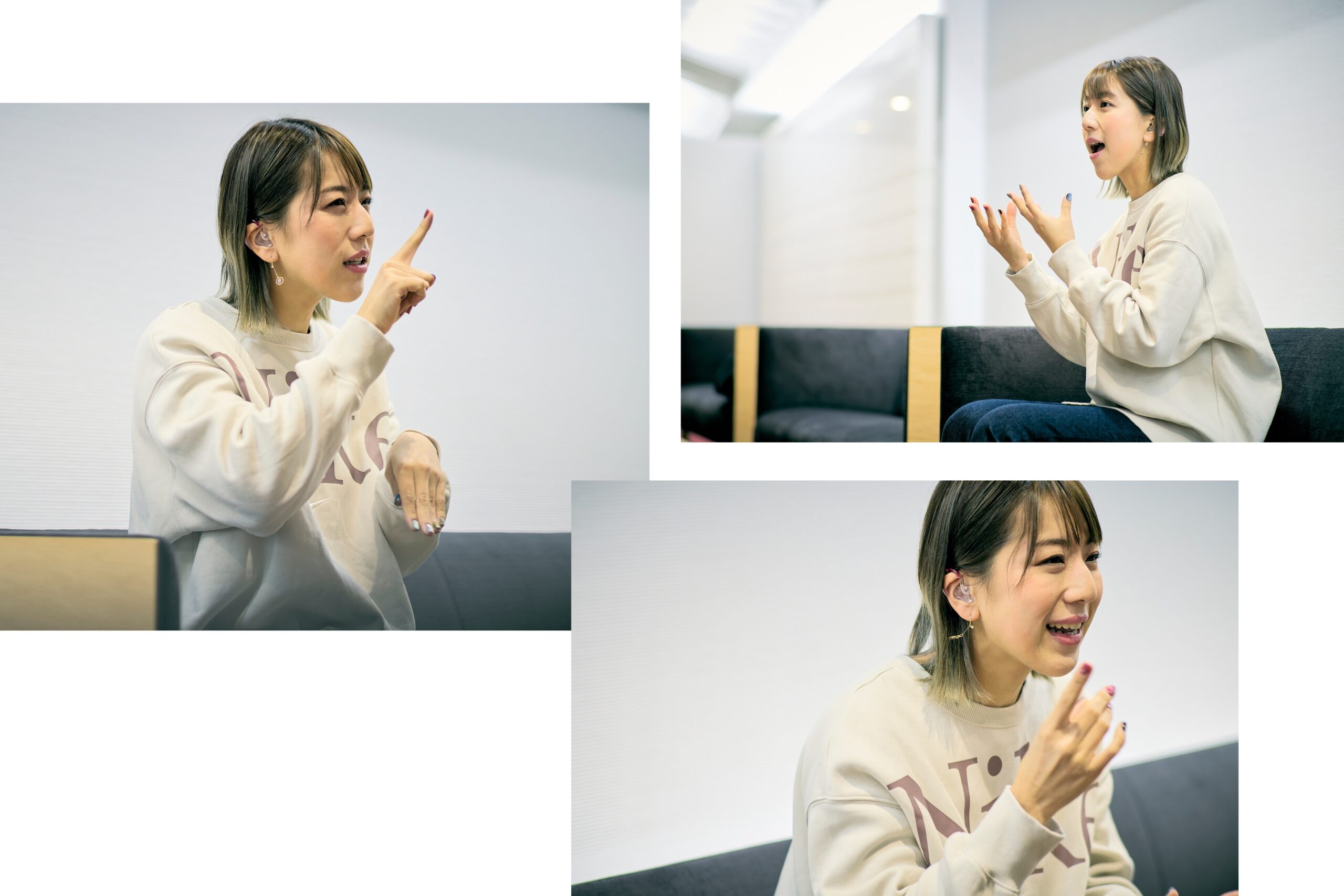
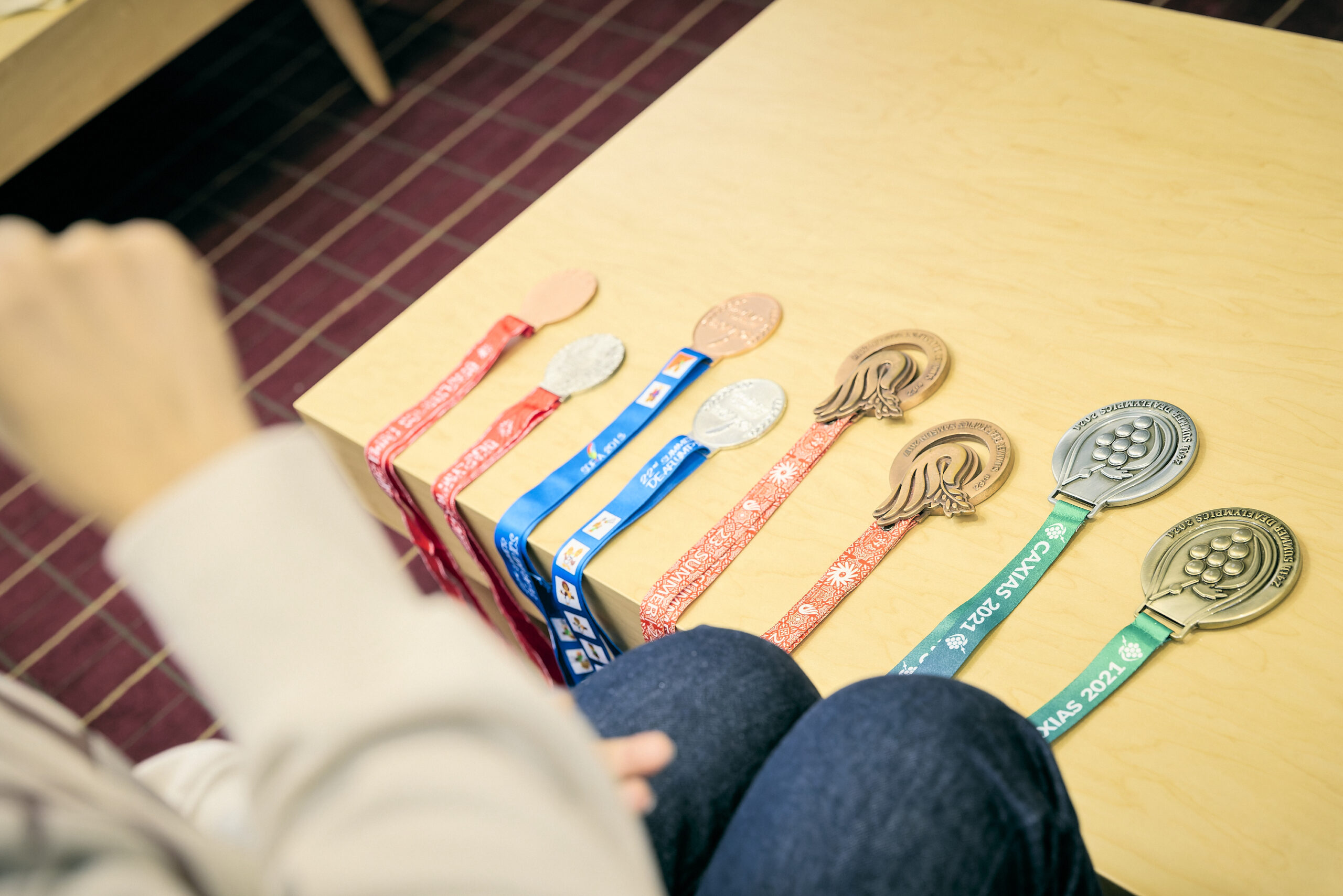
–You won a silver medal and a bronze medal at the Sofia 2013 Deaflympics, but I think the medals had a different meaning for you.
The Games in Sofia 2013 were my first Deaflympics after becoming an adult. My doubles partner, Moe Ueda-san, and I had promised each other since we were little that we would win the gold medal, but I twisted my ankle in the final match and we ended up in second place. I was able to fight to the end, so my bond with Ueda-san was strong, but I was very disappointed because I was dragged down by my injury. I really wanted to win the gold medal, and I am left with a very strong feeling that I really wanted to win the gold medal.
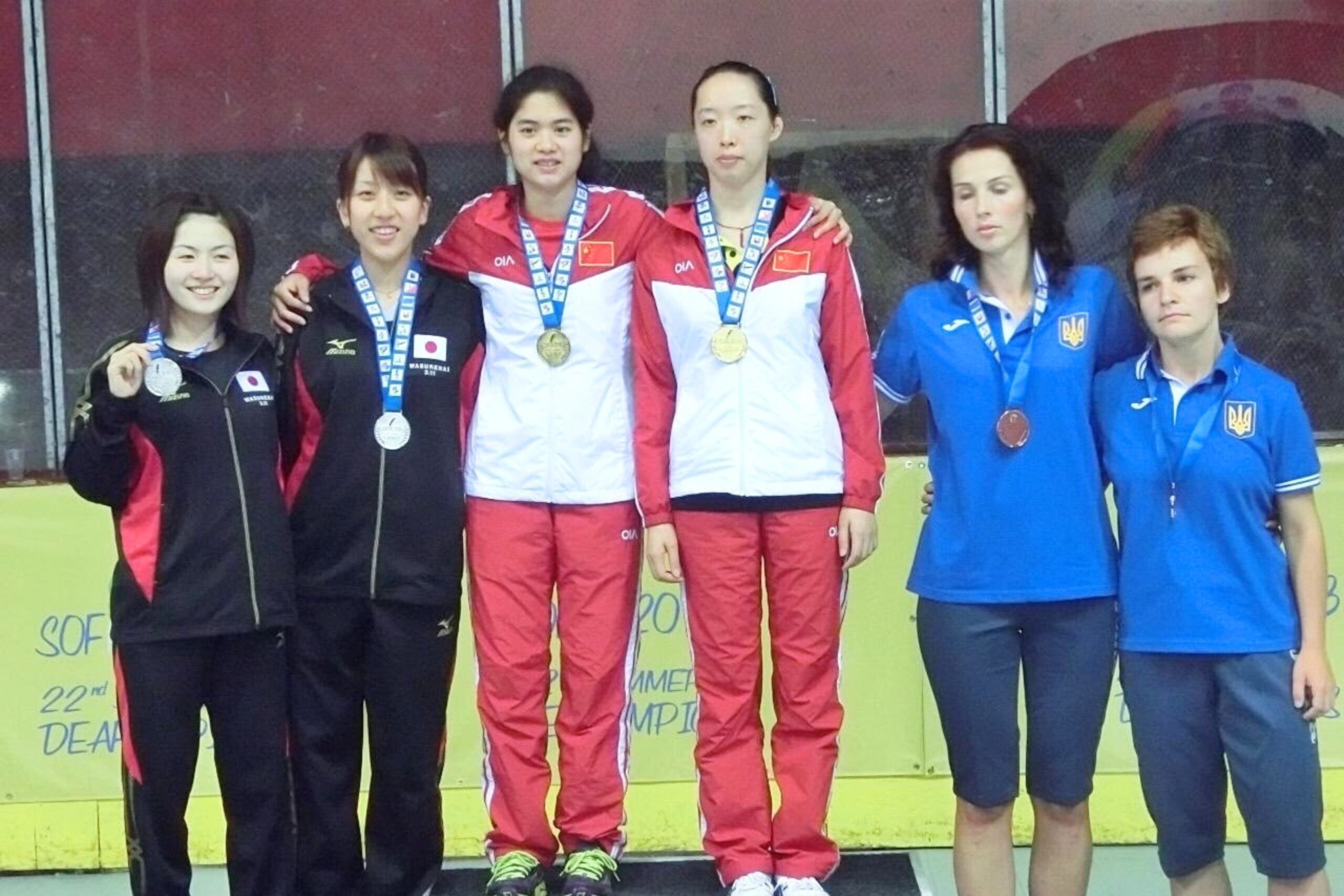
The desire to win the gold medal still remains strong to this day
*Courtesy of the individual
First Participation in the Prestigious “All Japan Table Tennis Championships”
–You retired from active competition once after the Sofia 2013 Deaflympics. Then you came back and took on the challenge and won two bronze medals at the Samsung 2017 Deaflympics.
I originally planned to stop playing table tennis as of the Sofia 2013 Deaflympics. While my peers were doing fun things like falling in love and traveling, I was unable to do so. I had continued my life as an athlete with many restrictions, and I wanted to be free from them.
But then I gained 10 kilos from playing too much. I knew I had to lose weight (laughs). I played table tennis to lose weight, and I really enjoyed it. So I started playing again, and when I entered a national tournament, I was able to win. I am the kind of person who doesn’t want to give up until I achieve my goals, so I decided to try for the Deaflympics in 2017, partly because I hadn’t won a gold medal so far. But when I actually competed, the world level was getting higher and higher. I felt that I could not win at my current level and that a gold medal was far away.
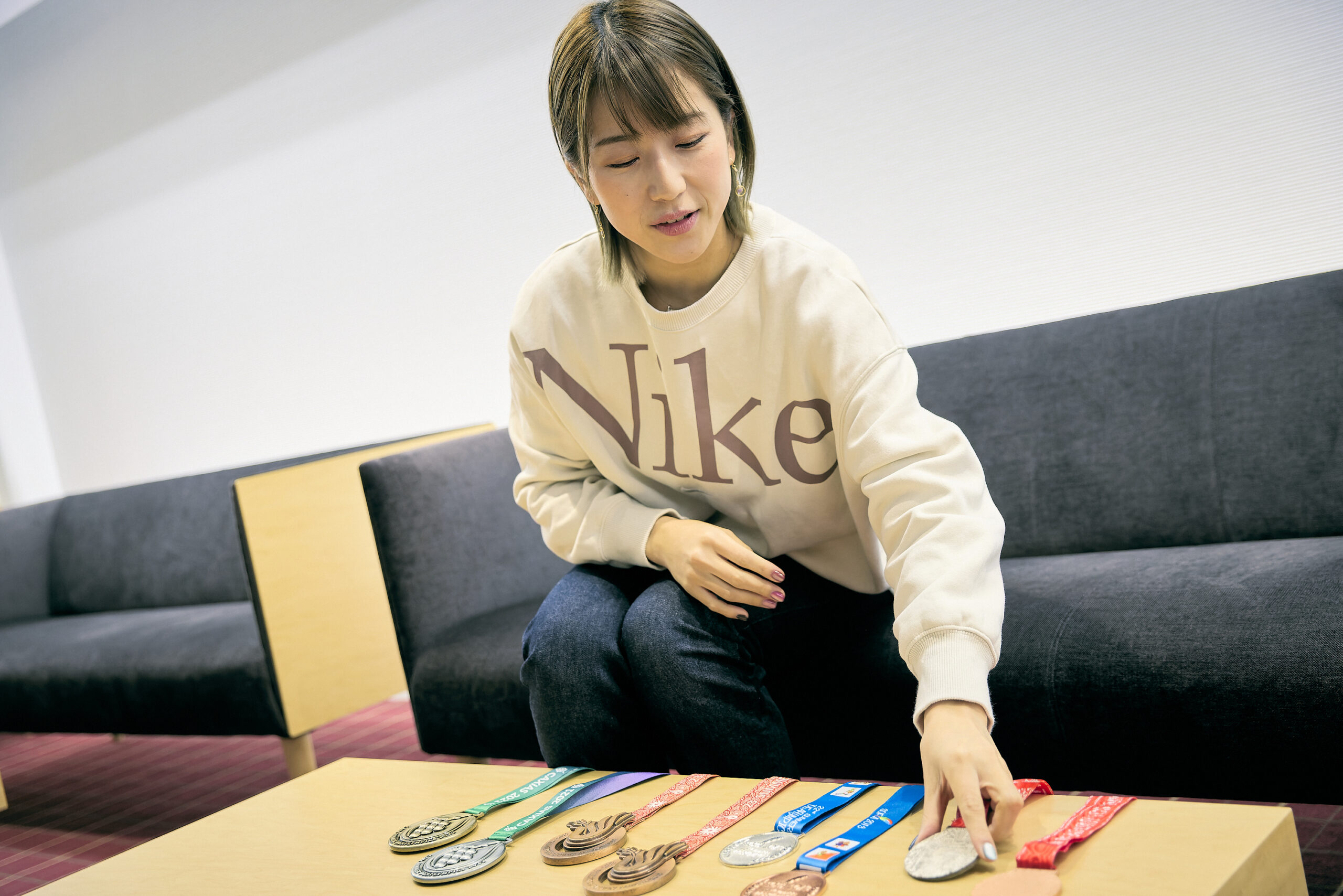
–The Caxias do Sul 2022 Deaflympics was a difficult competition due to the COVID-19.
It was the first competition since my daughter was born. The level of the competition was even higher than the Samsung 2017 Games, and many young athletes I had never heard of before participated. I won two medals (silver and bronze), but the competition made me feel that there is still more I can do to raise the level.
–You also participated in the All Japan Table Tennis Championships for the first time in January 2024. How did you feel when you stood on that stage?
In order to participate in the All Japan Table Tennis Championships, we have to win the Tokyo qualifying tournament. However, the level is very high, with players from businessmen’s associations and professionals. Starting in 2024, the Japan Table Tennis Association established a system whereby one male and one female can compete in each of the intellectual disability, physically handicapped, and Deaf divisions, so I thought, “My dream may come true,” and through daily practice, I was able to win a slot as a representative. The venue was the Tokyo Metropolitan Gymnasium, where the Tokyo 2025 Deaflympics table tennis tournament will be held, and although I lost in the first round, I was able to show more of my ability than I expected, so I think it was a very good experience. Next time I am able to compete, I would like to prove that even people who cannot hear can win on this stage, and with that result, I would like to raise awareness of DeafSport.
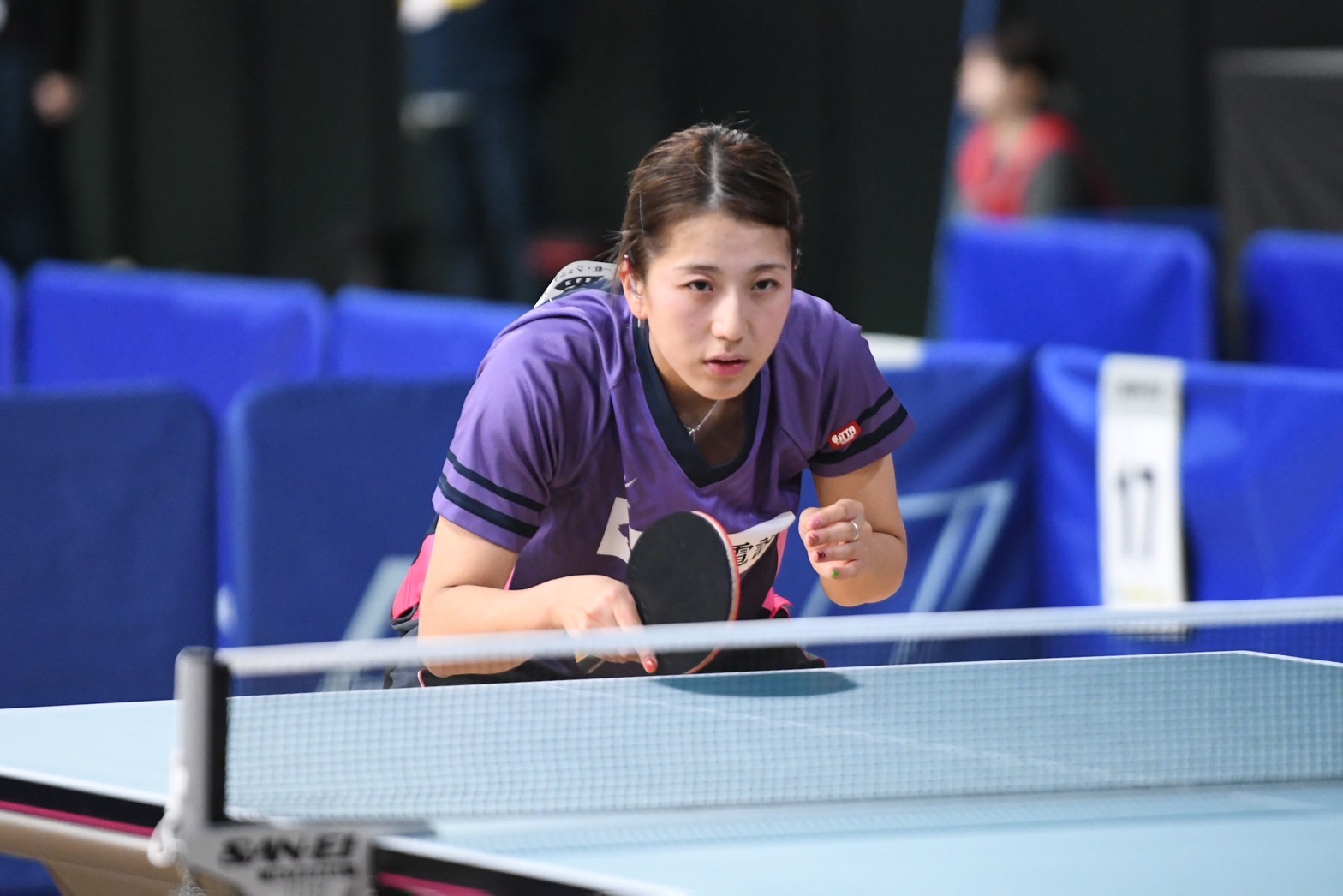
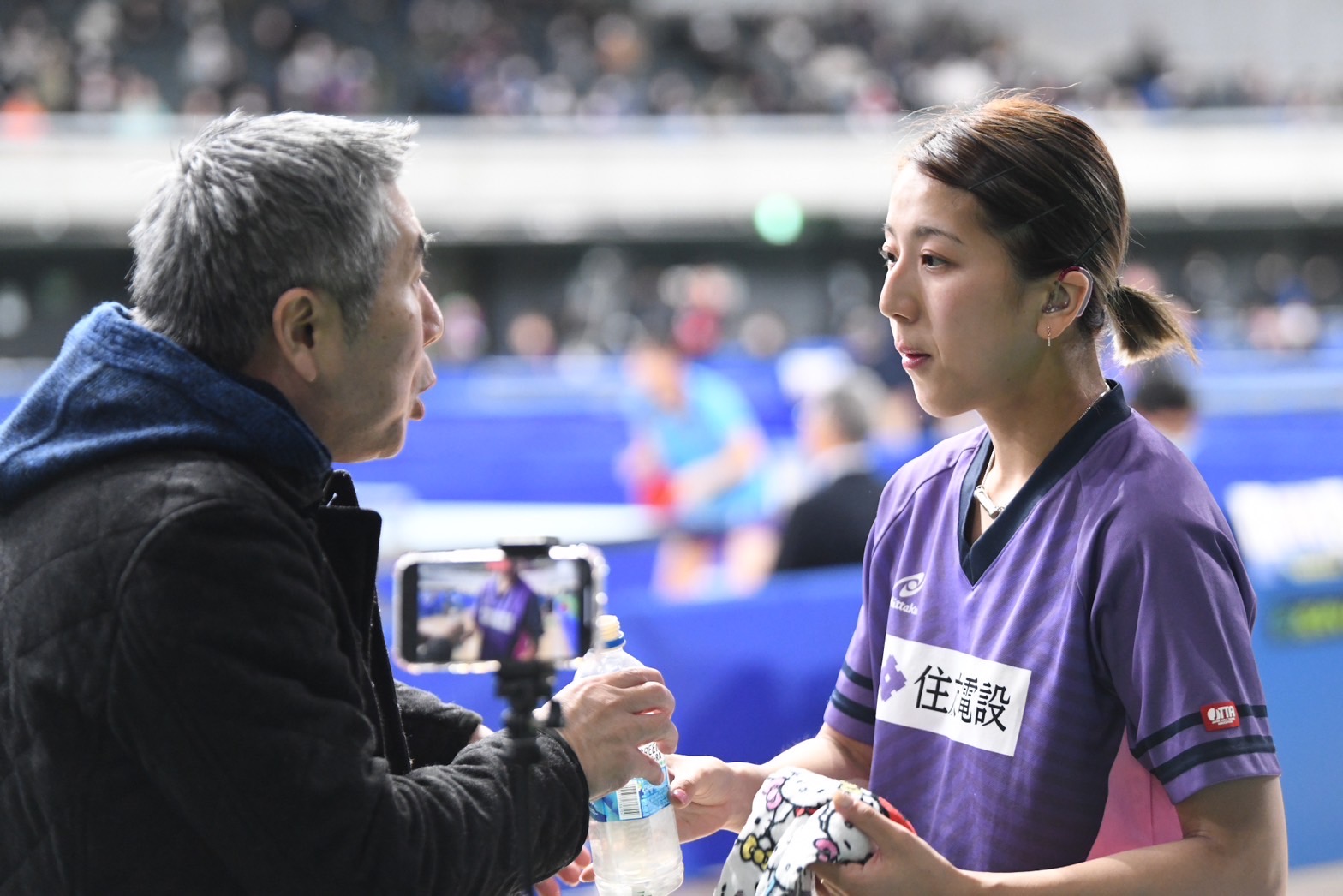
Courtesy of NIPPON TAKKYU Co.,Ltd.
Deaflympics: “The Stage That Becomes Life’s Greatest Asset”
–What kind of your play would you like people to watch at the Tokyo 2025 Deaflympics?
My weapon is the rally, so I want people to see that I never give up and keep trying until the end. I also want people to pay attention to my facial expressions, not only mine but also those of the other players. Every single facial expression should be different, and I think it will be interesting to watch that part of games.
–What is your goal for the Tokyo 2025 Deaflympics?
A gold medal, of course! In addition, I would like to win more than three medals, as I have only won up to two medals in one event so far.
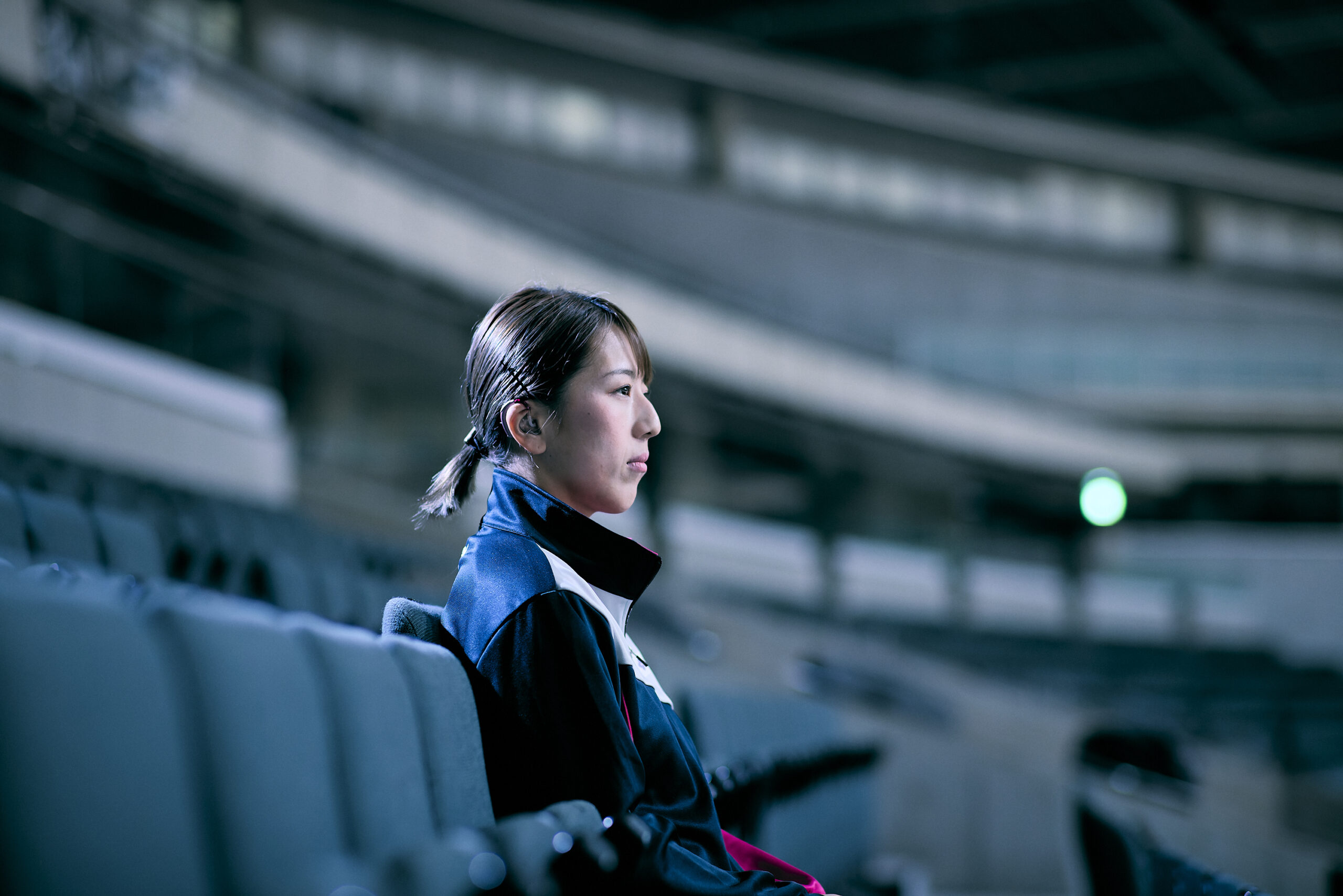
–What are you looking forward to or hoping for at the Tokyo 2025 Deaflympics?
I would like my friends who I don’t get to see very often to come and see the games. Also, if possible, I would like the media to come to cover the event as much as the hearing competition. Right now, the Deaflympics are not well known, so there are not as many interviews and media coverage. I would also like to see the Deaflympics emblems displayed everywhere in the city, and I would like the city to be filled with Deaflympics colors and excitement! I hope that the Games will increase everyone’s involvement with athletes with disabilities and lead to the creation of a livable society and a legacy that shines brightly for all people.
–What kind of stage is the Deaflympics for you?
For me, it is the stage that will become the greatest asset in my life. I have devoted more than half of my life to table tennis. I think the Tokyo 2025 Deaflympics is the culmination of my life’s work, and I want to put my life on the line to compete.
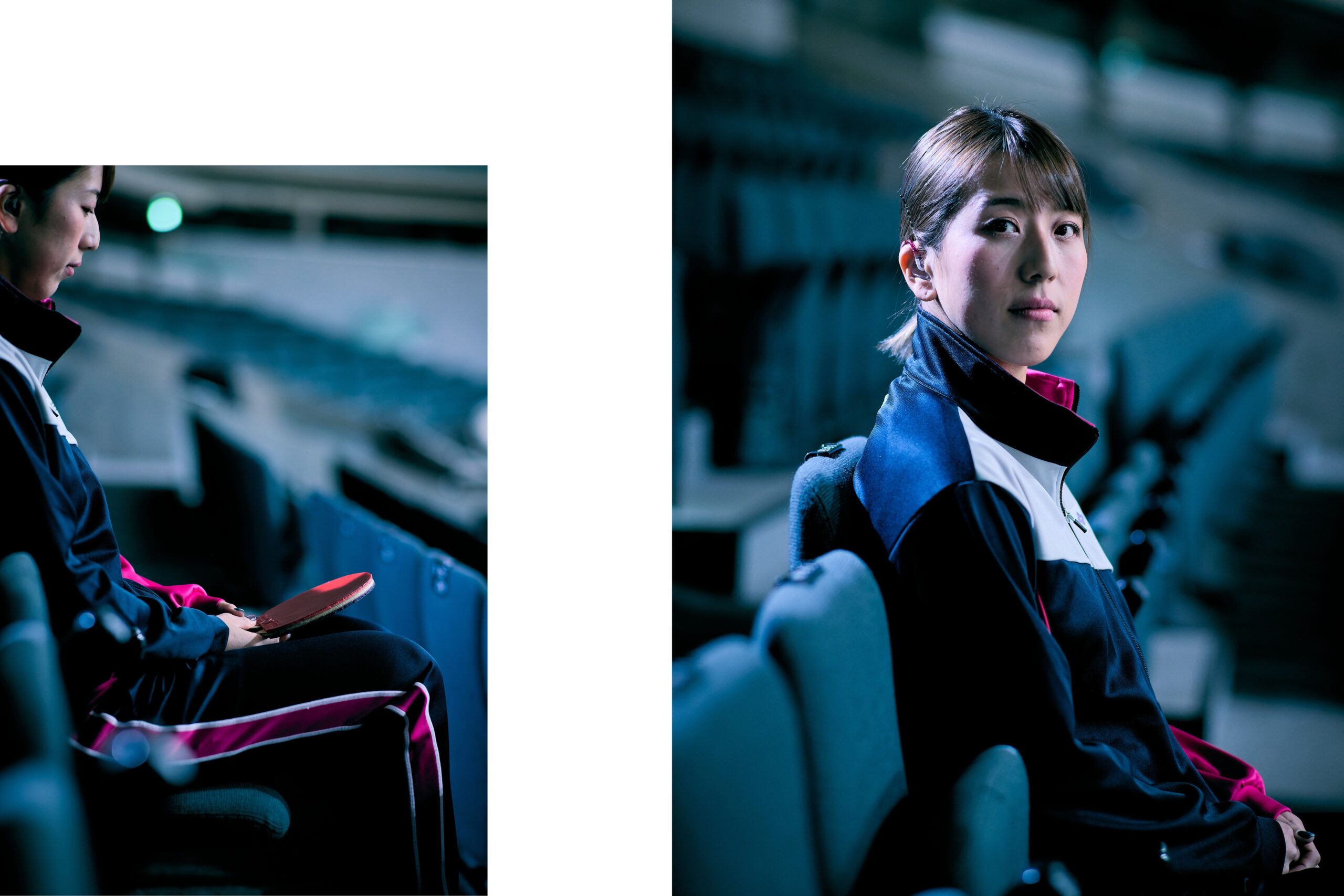
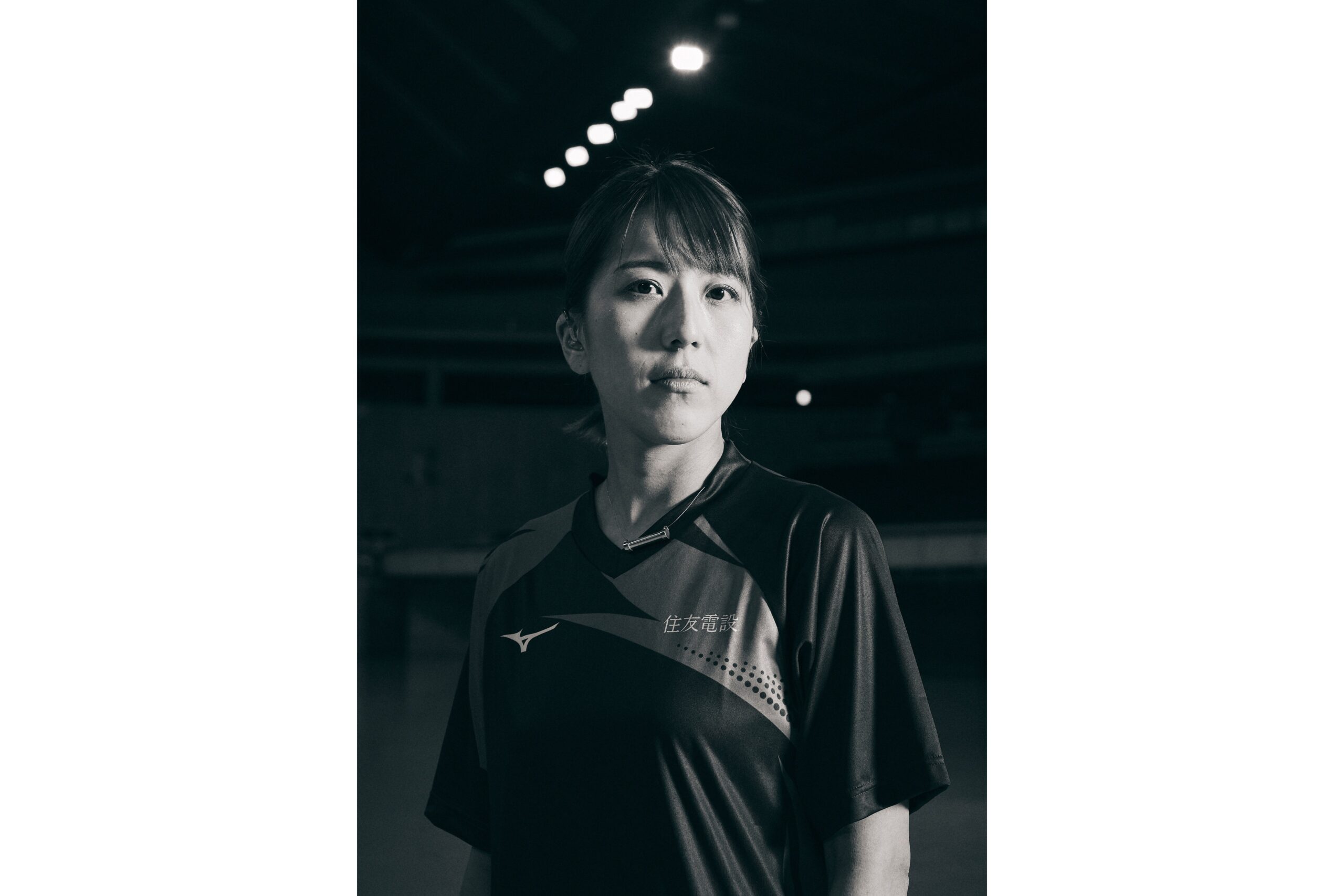
It’s precisely because I love my daughter…
–Please tell us about your personal life. How do you usually spend your days off?
I have table tennis matches all year round, so I play either on Saturdays or Sundays, and on the days off when I don’t have matches or training camps, I do my best to play with my daughter. Sumitomo Densetsu Co., Ltd. employs para-athletes, so if I have a match or training camp on a Saturday or Sunday, I can take a substitute day off on a weekday. As a way to refresh myself, I try to polish my feminine power by going to the beauty salon and getting my nails done (laughs).
–Does your daughter sometimes come to watch your matches?
I sometimes take her, but she always says it’s “boring” (laughs). She is only 5 years old, so I guess it can’t be helped.
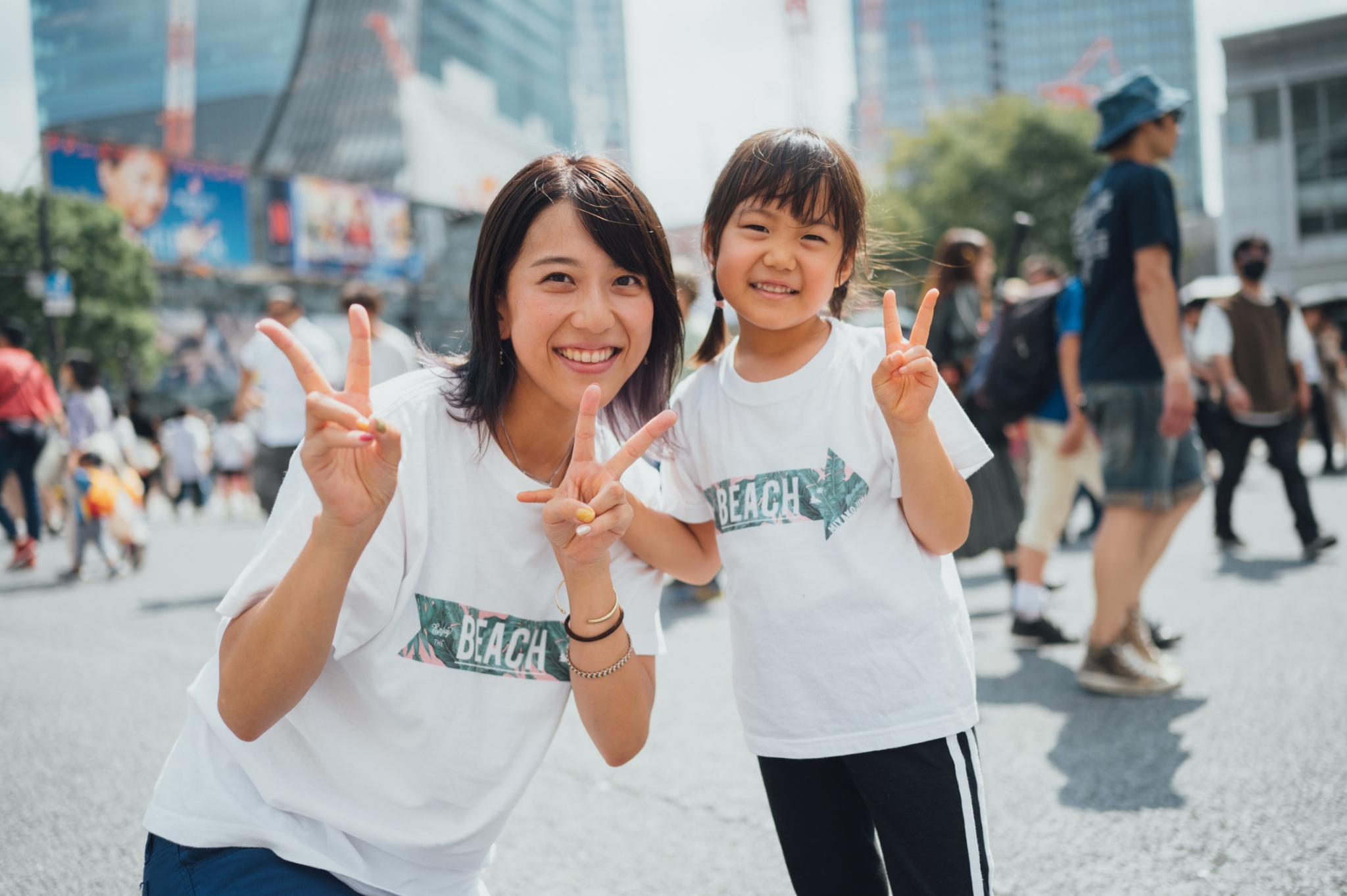
*Courtesy of the person in question
-Do you have a desire for your daughter to play table tennis?
As for me, I would like her to play another sport. I feel that if she were to play table tennis, I would be strict with her (laughs). I am hoping that if she does another sport, we can talk about different sports with each other. But if she says she wants to play table tennis, of course I want to support her to the best of my ability.
–Aside from table tennis, is there any other sport you would like them to play?
She used to write her wish on a tanzaku strip during Tanabata, and she wrote “I want to be a swimmer” on it. If my daughter becomes a swimmer, I could walk in the water for weight-loss purposes, which would be great too (laughs). I really enjoy meeting and exchanging information with my fellow Deaf Sports people. In that sense, I think that if we can share information by doing different sports, the quality and quantity of communication will improve.
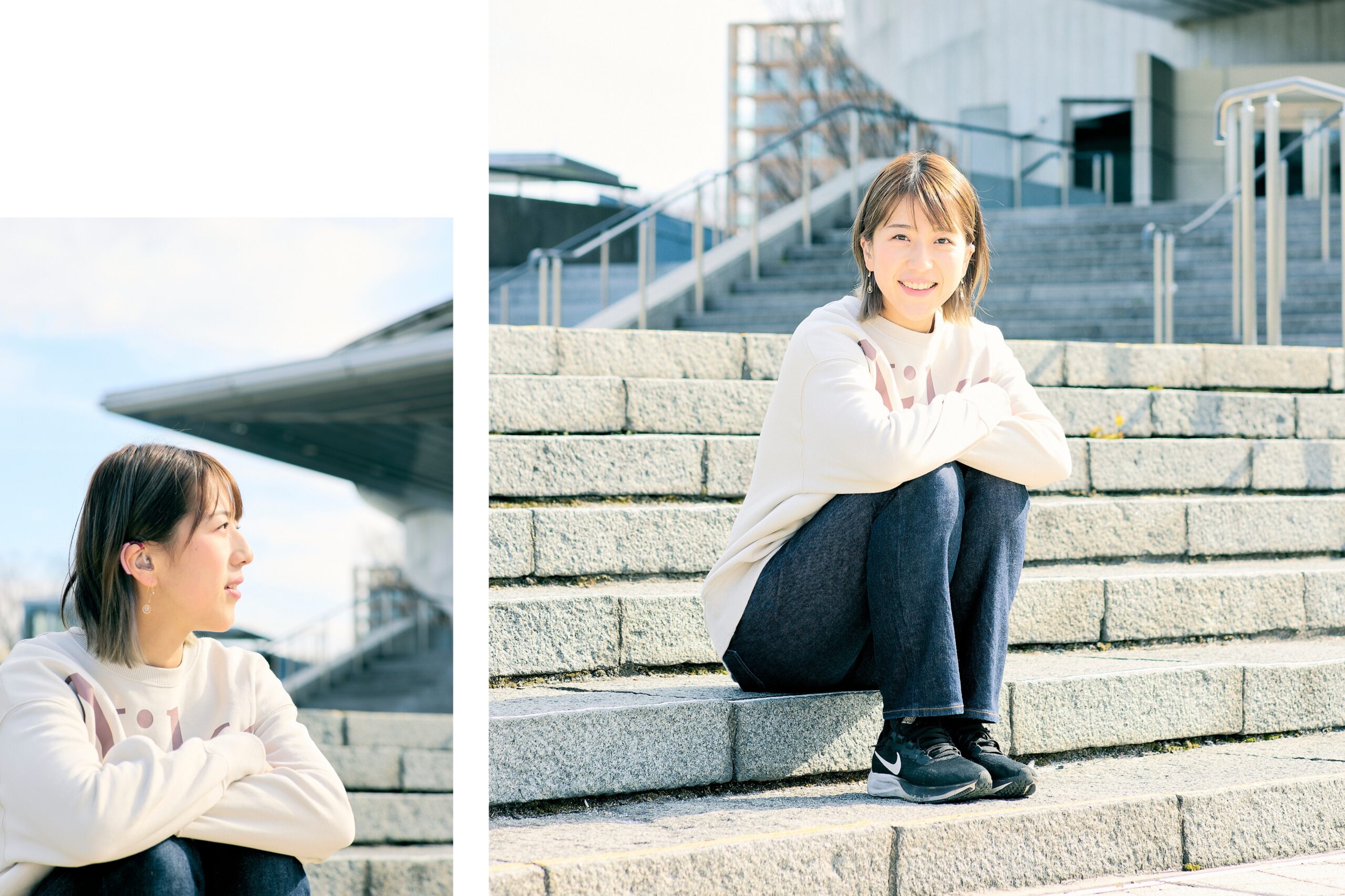
Gold Medal from World Championships Won with Father
–Who has had the greatest influence on you?
I would have to say my parents. If my parents had not played table tennis, I would not have participated in the Deaflympics. Thanks to my parents, I am still able to play table tennis, which I love.
–You won the team championship at the World Championships for the Deaf held in Tokyo in 2012 with your father, Shinji Sato-san, who was the coach of the Japanese national team at the time, didn’t you?
Since my father became the coach, there was a lot of pressure on me. It was difficult for me to switch between being the coach when I was playing table tennis and being my father when I wasn’t. Players are human beings, and I sometimes heard them say that they did not agree with the coach’s ideas or that they did not like this practice, so it was complicated for me as a daughter. My father was often away from home playing table tennis, so I don’t have many memories of spending time with him. However, winning the gold medal together at the World Championships gave me a memory that I will remember for a long time.
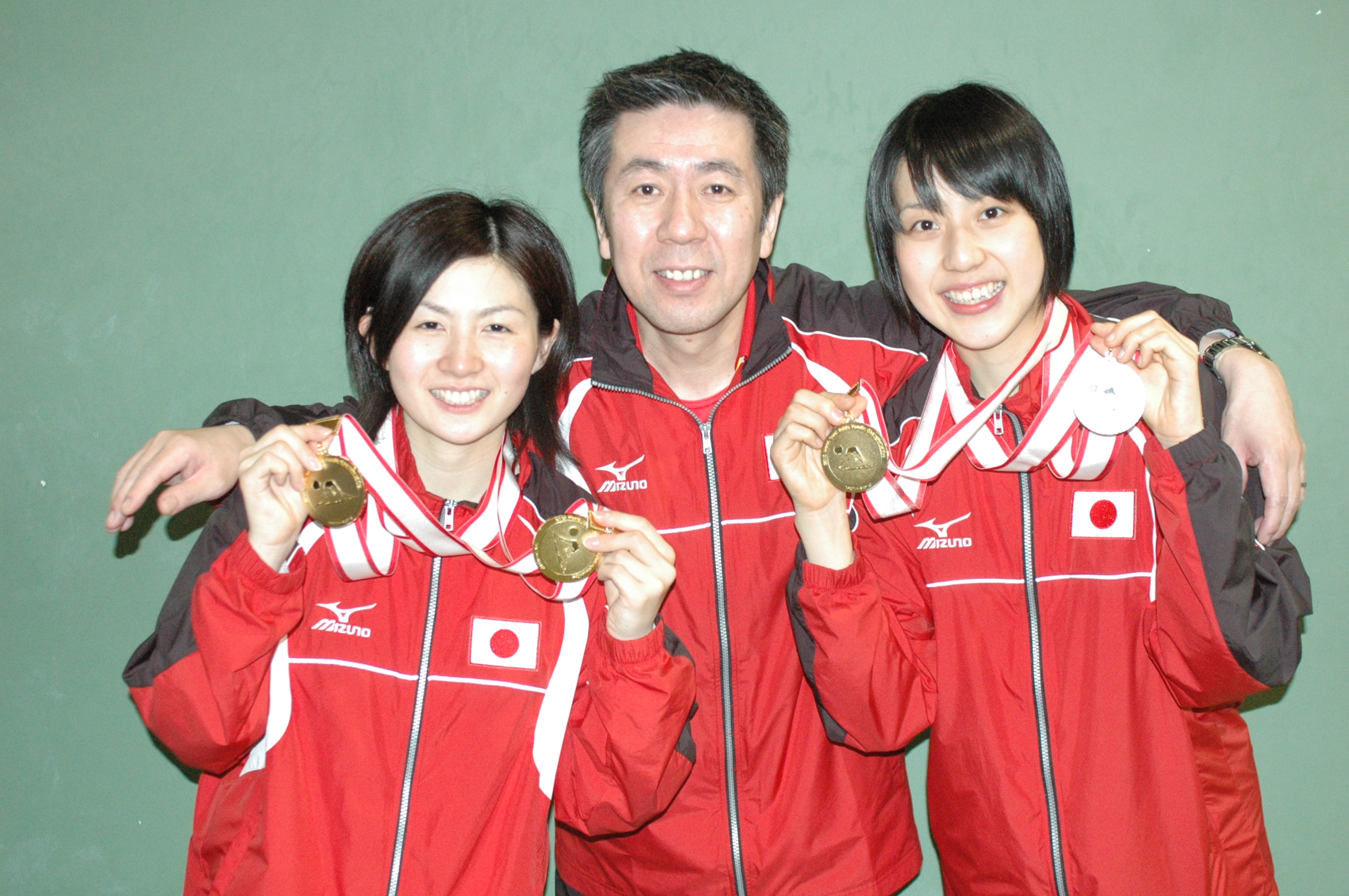
Courtesy of Table Tennis Report/Butterfly
Two recommended Deaf Sports athletes with “nice words”.
–Is there anything you do to refresh yourself?
Recently, I have been into sauna and bedrock bath. I go there when I want to clear my mind, and meeting and chatting with my friends from DeafSport is refreshing. I really want to go on a trip, but I think I need to practice now if I have time for that, so I meet with my friends from DeafSport and we inspire each other.
–Do you still feel more prepared when you go to a sauna?
Yes, it does. I thought “no,” too, but when I actually go to a sauna, the haze disappears and it feels really good. I was told, “Ten minutes in the sauna, then a water bath, then an air bath is good,” but when I go with friends, we often talk too much and lose track of time (laughs). Anyway, I don’t think about anything, I just zone out, with the image of letting go of everything in my head.
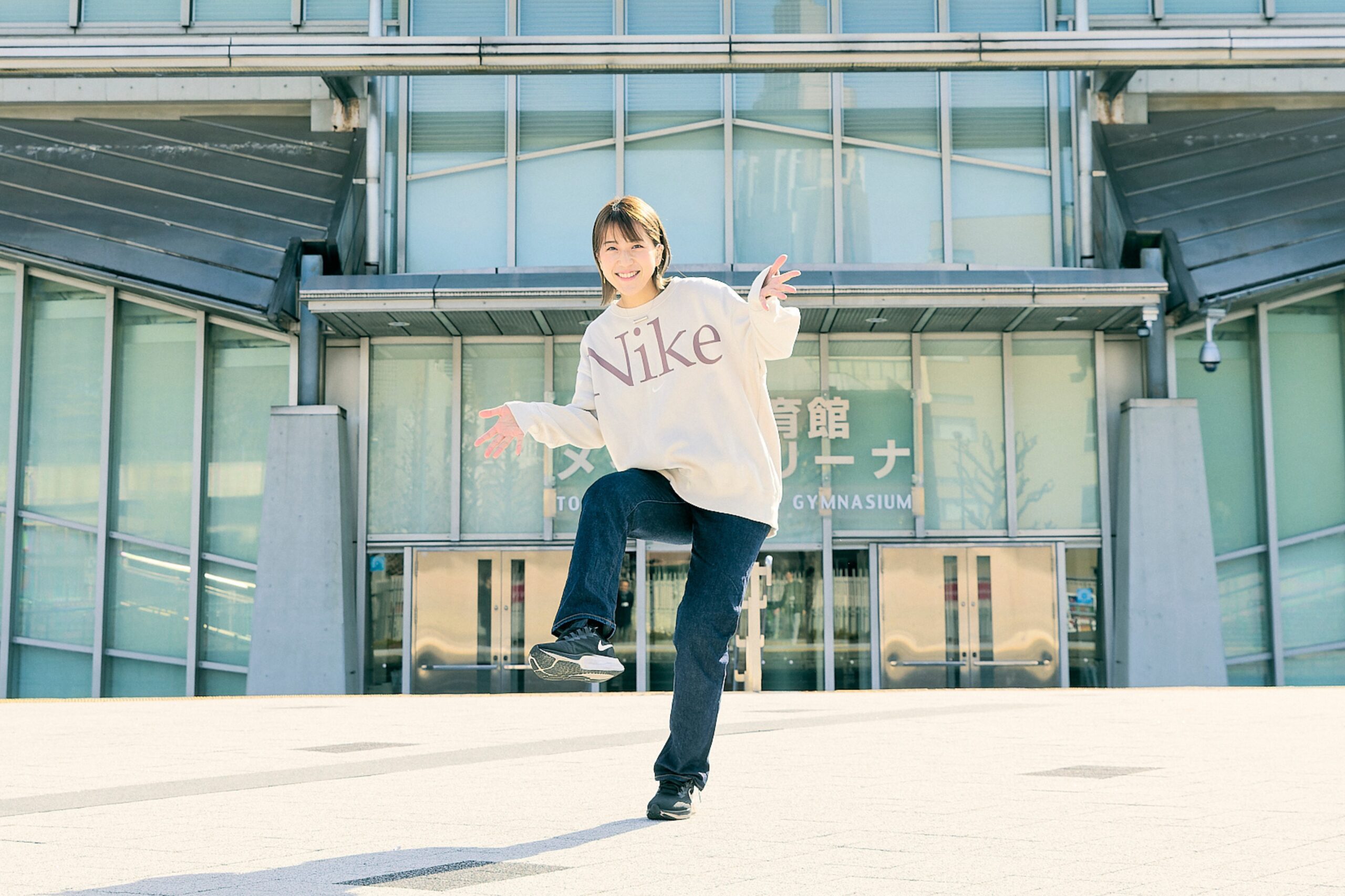
–Who would you recommend as a player to introduce?
There are two people, one is Moemi Yamada-san, who is also a Deaf Table Tennis player and will be a high school student from April. She is one of my teammates who participated in the Deaflympics and international tournaments together. I have yet to beat her, but every time we play a match, she tells me, “I won’t lose next time. I think his competitive spirit is amazing despite his young age, and that’s what attracts me to him.
The other is Yumi Haseyama-san, a def volleyball player. I first met her at the Samsung 2017 Deaflympics, and we happened to sit next to each other on the bus traveling there. We hit it off there. She was an excellent communicator and had a similar personality to me, so we gradually started playing together. We are so close that when we are both depressed because we are not doing well in competitions, we immediately get in touch with each other. She is young, born in 2000, but she has a wonderful way with words, and her energy to work for others is amazing. I am proud of her, she is a def athlete and a proud friend.
–Are there any male athletes?
I don’t know… If I had to name two male athletes, I would say Takuya Okada-san, a def soccer player, and Masatoshi Morimoto-san, a def track and field athlete. Okada has a variety of hobbies, and although I don’t want to praise him, he is very good at switching on and off (laughs). He loves books and knows both difficult and nice words very well. Sometimes he teases me with words I don’t know, and we have joking conversations. Some of them I don’t understand too well… (laughs).
Morimoto is a hammer thrower and won a gold medal at the Taipei 2009 Deaflympics. He is aiming for another gold medal at the Tokyo 2025 Deaflympics, and his spirit of challenge is amazing; he has already won a gold medal in the past, but he is determined to win again. He is also a sauna enthusiast (laughs).
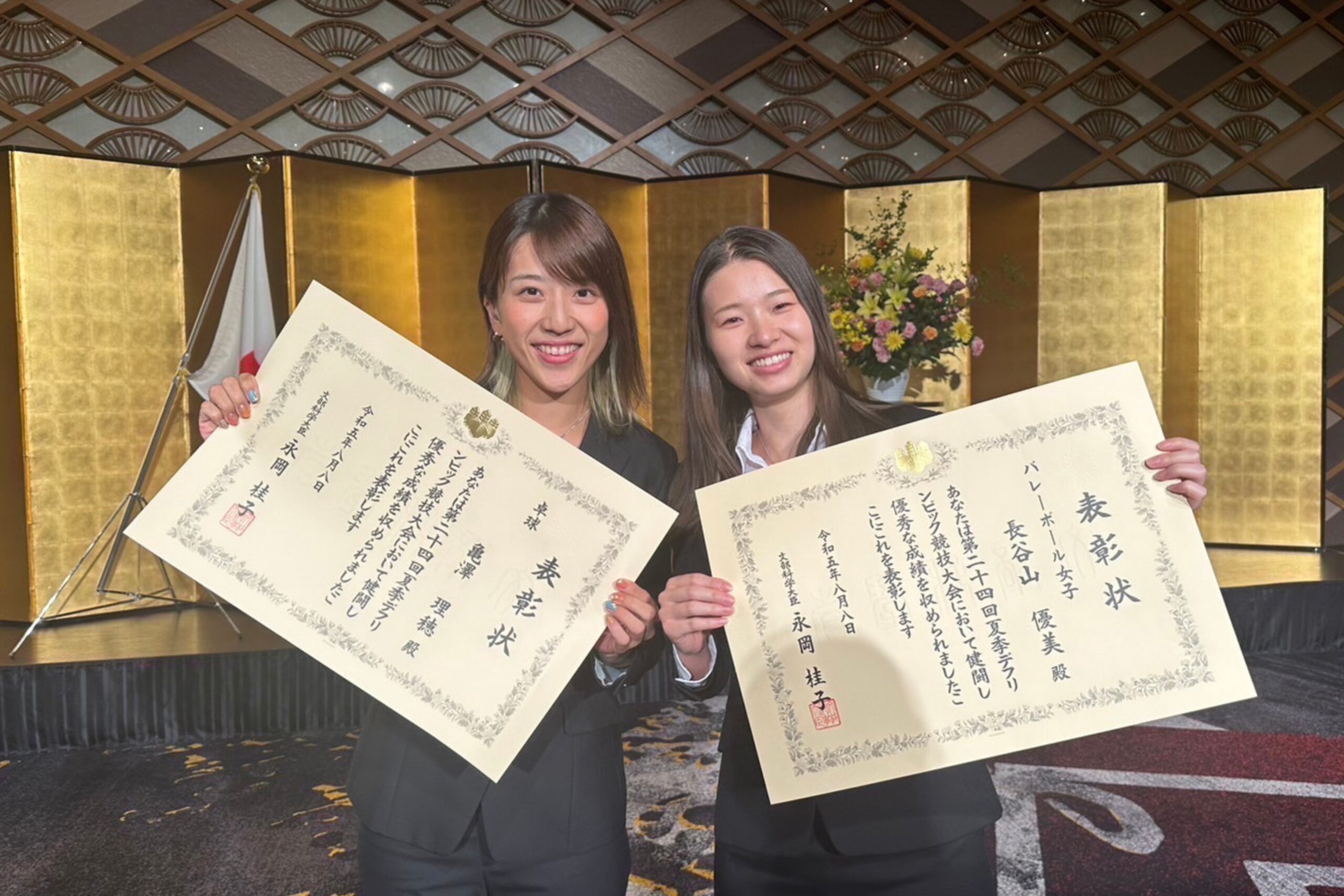
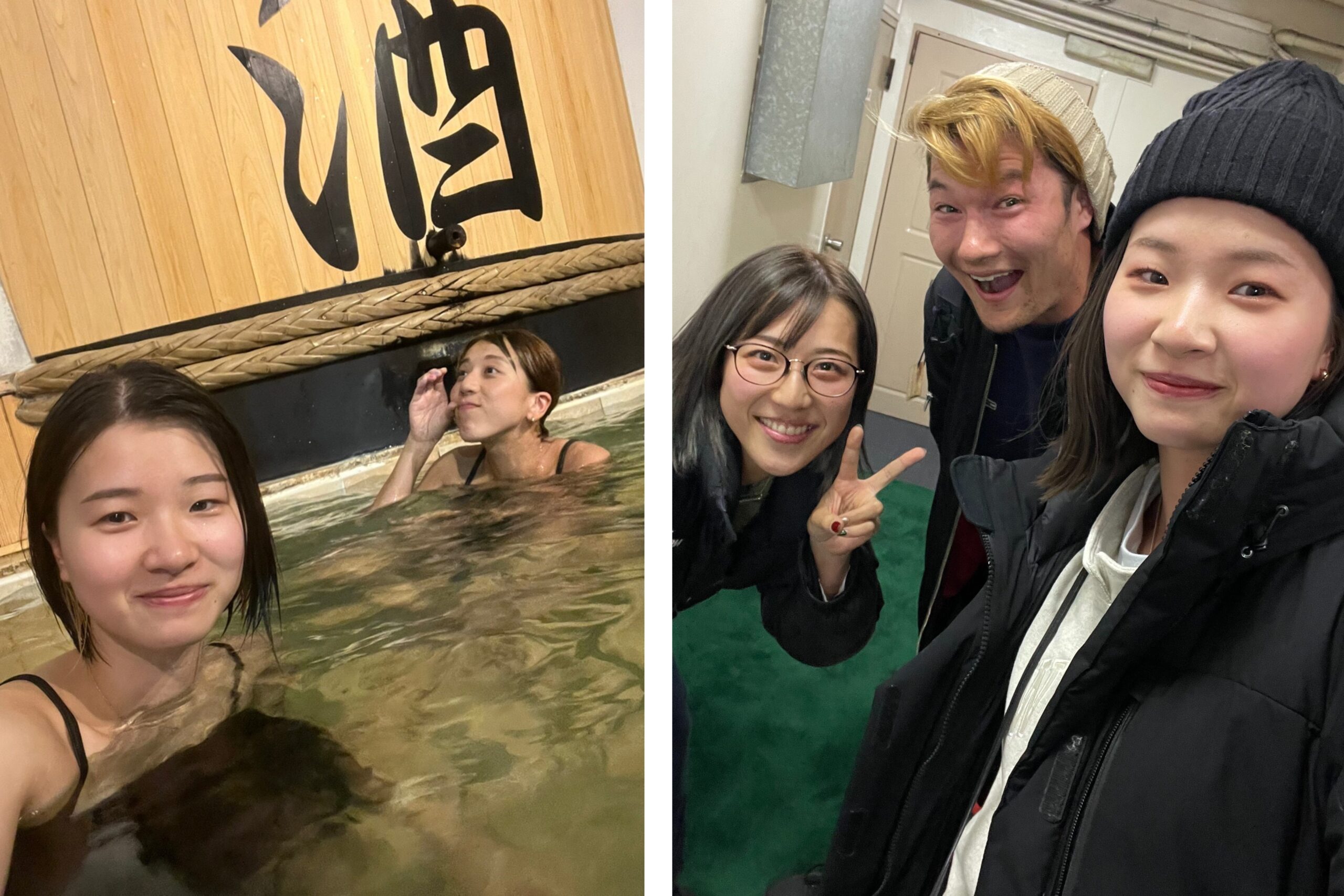
*Courtesy of the individual
–Finally, please give a message to our readers who are looking forward to the Tokyo 2025 Deaflympics!
There are many athletes who I recommend, such as Haseyama-san, but there are also many athletes in Deaf Sports who are full of charm. I would be happy if as many people as possible could get to know them, and for the sake of the athletes who are fighting for medals every day, I hope everyone will come to the venues to cheer them on. The Deaflympics and DeafSport are still not well known, so let’s work together to make them more popular for 2025!
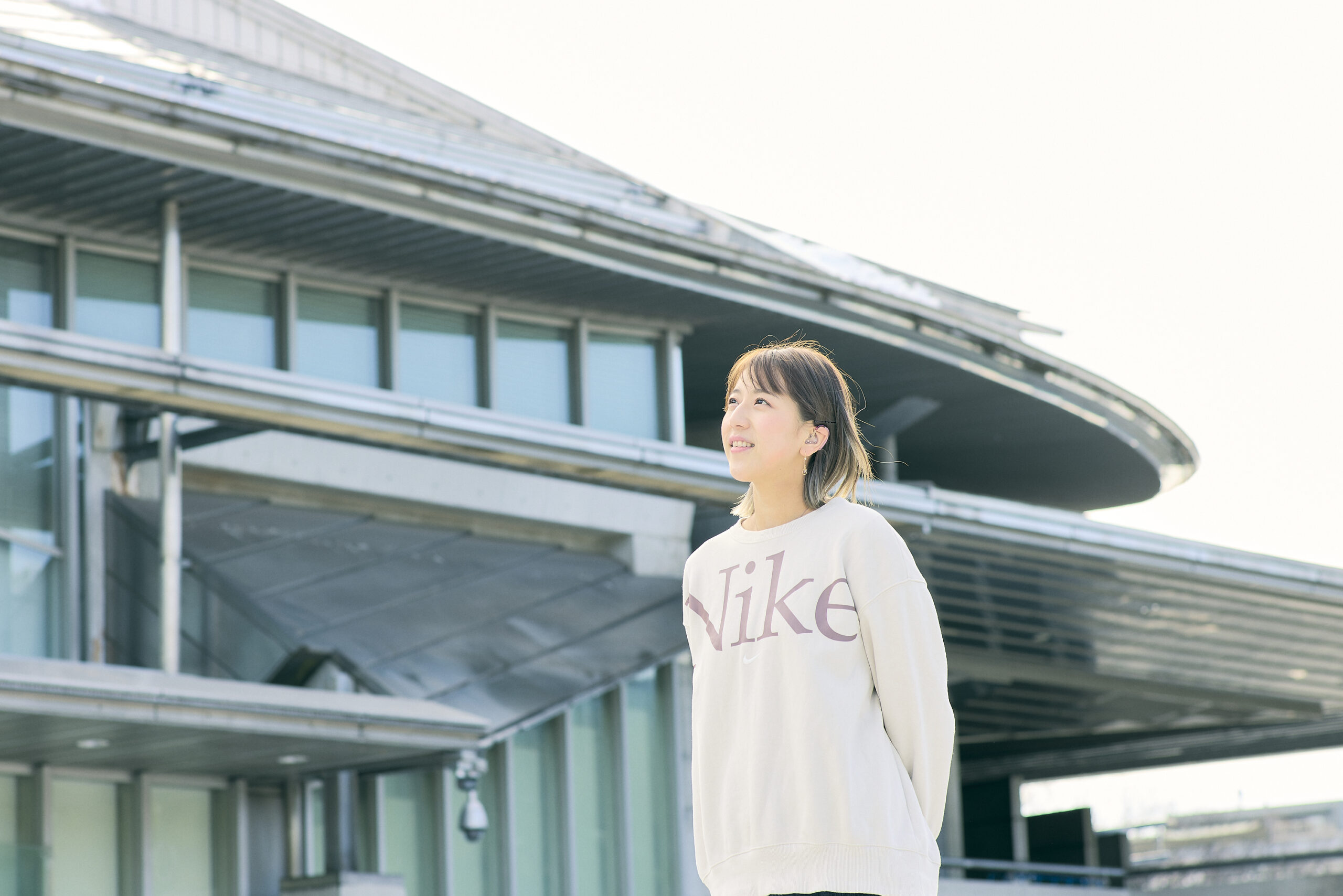
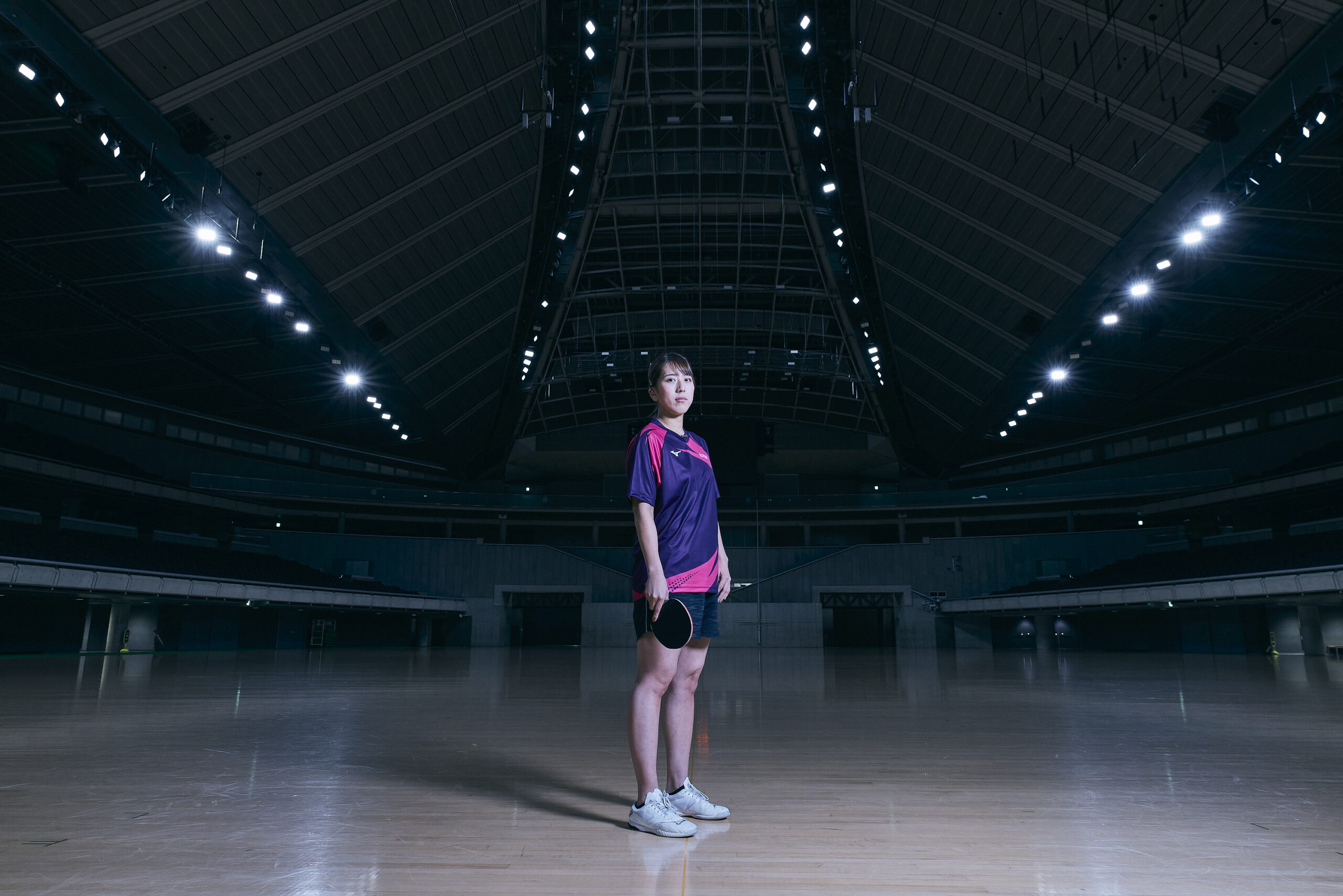
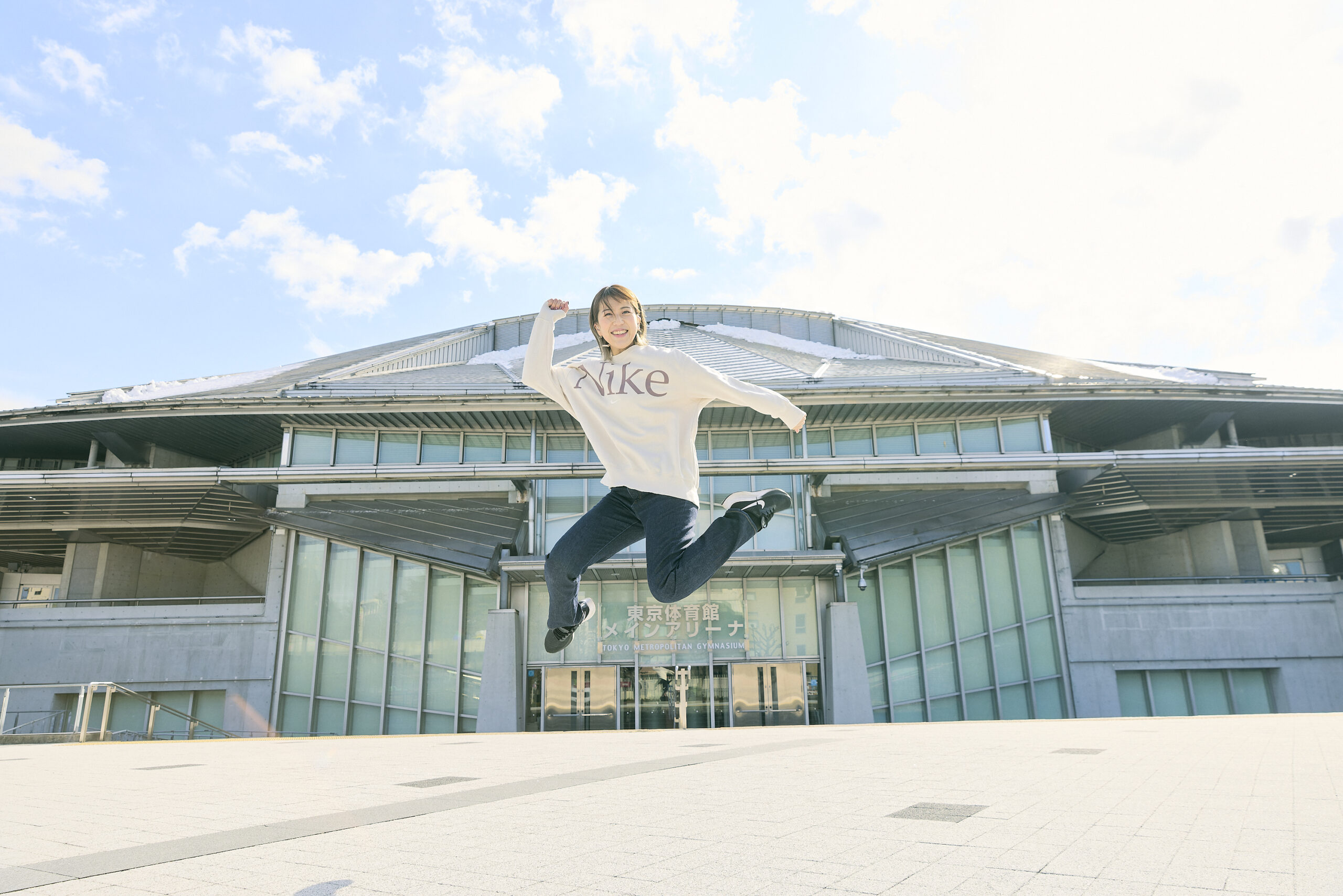
X:@richam04
Instagram:ripotan_official
text by Moritaka Ohashi
photographs by Uta Mukuo
